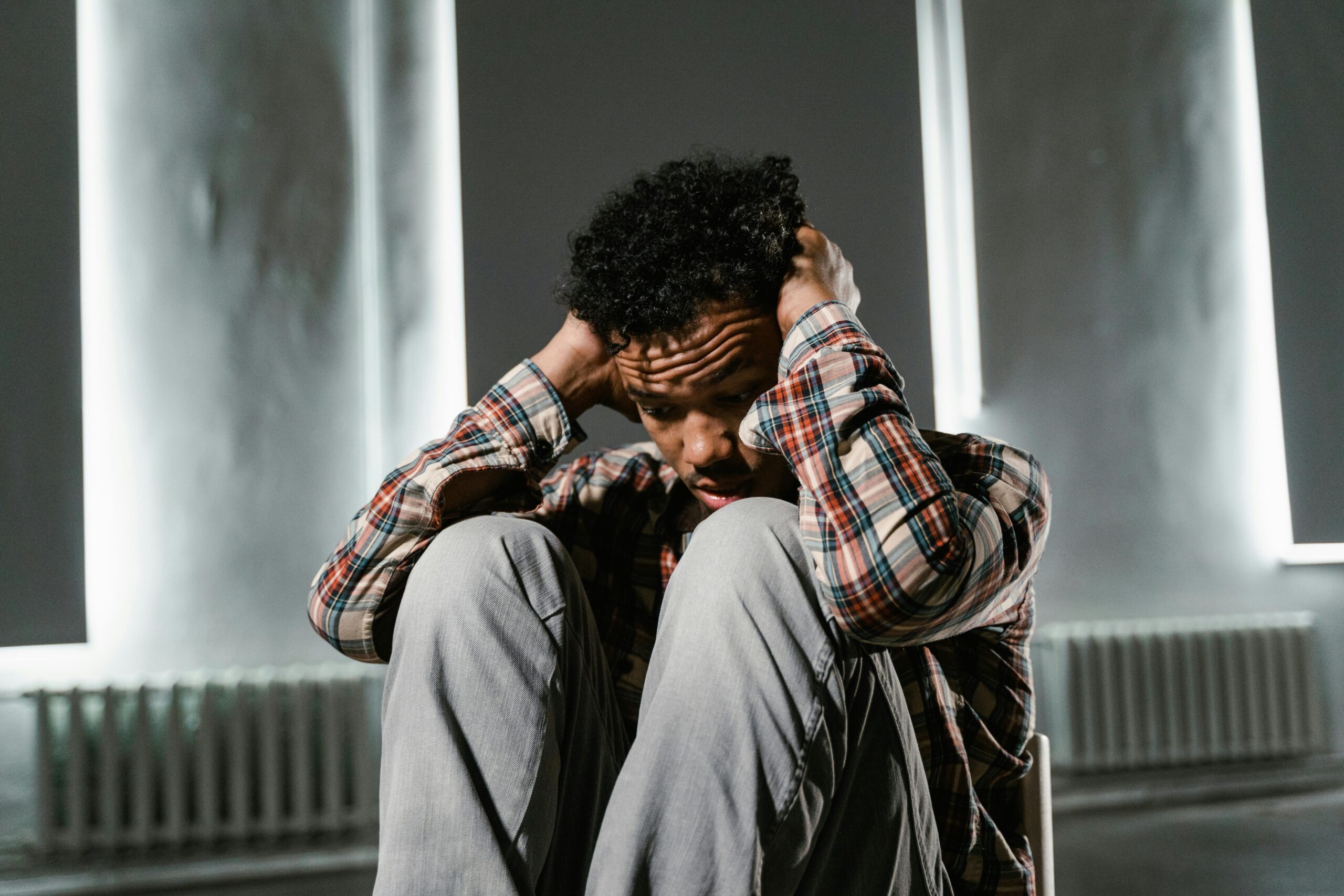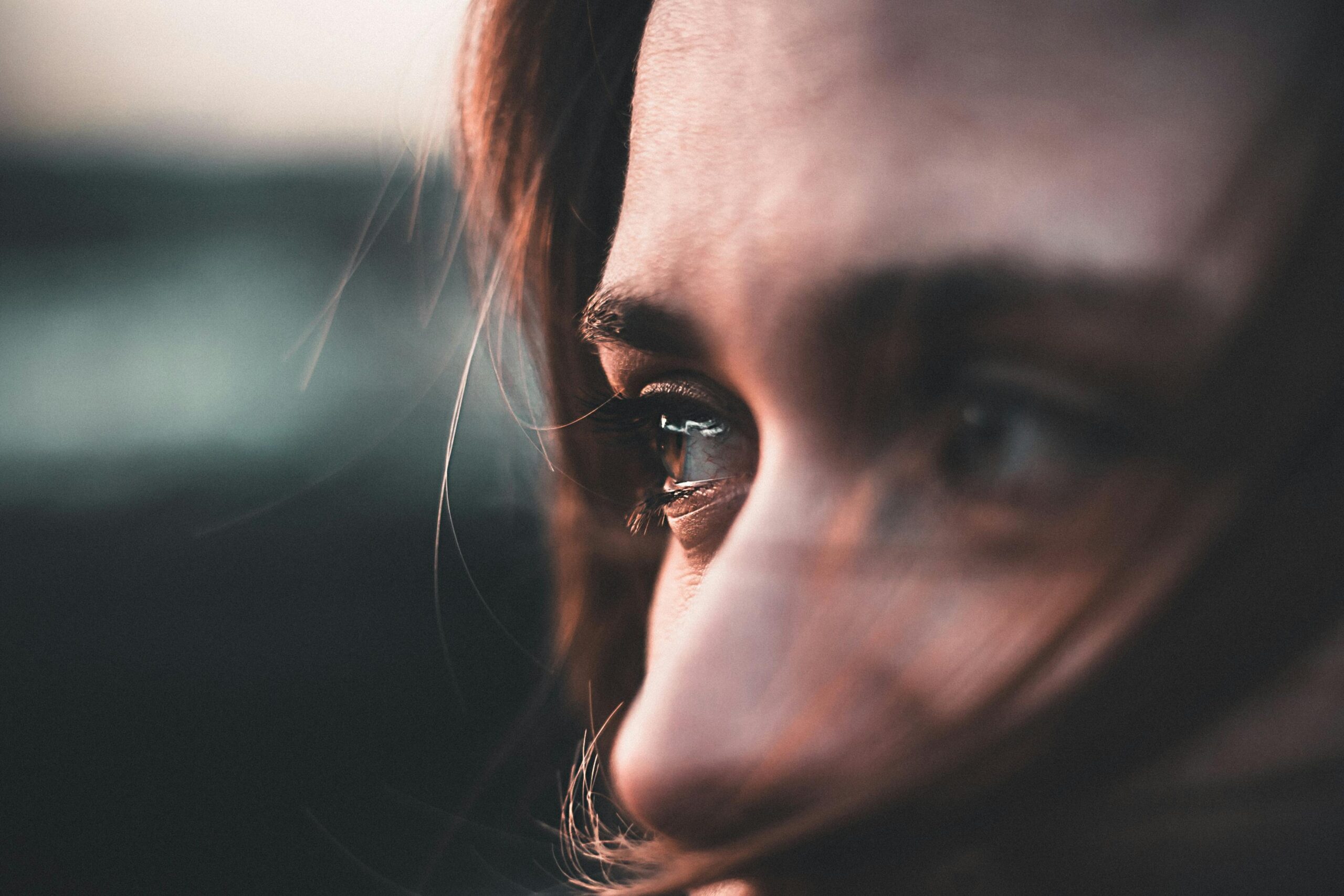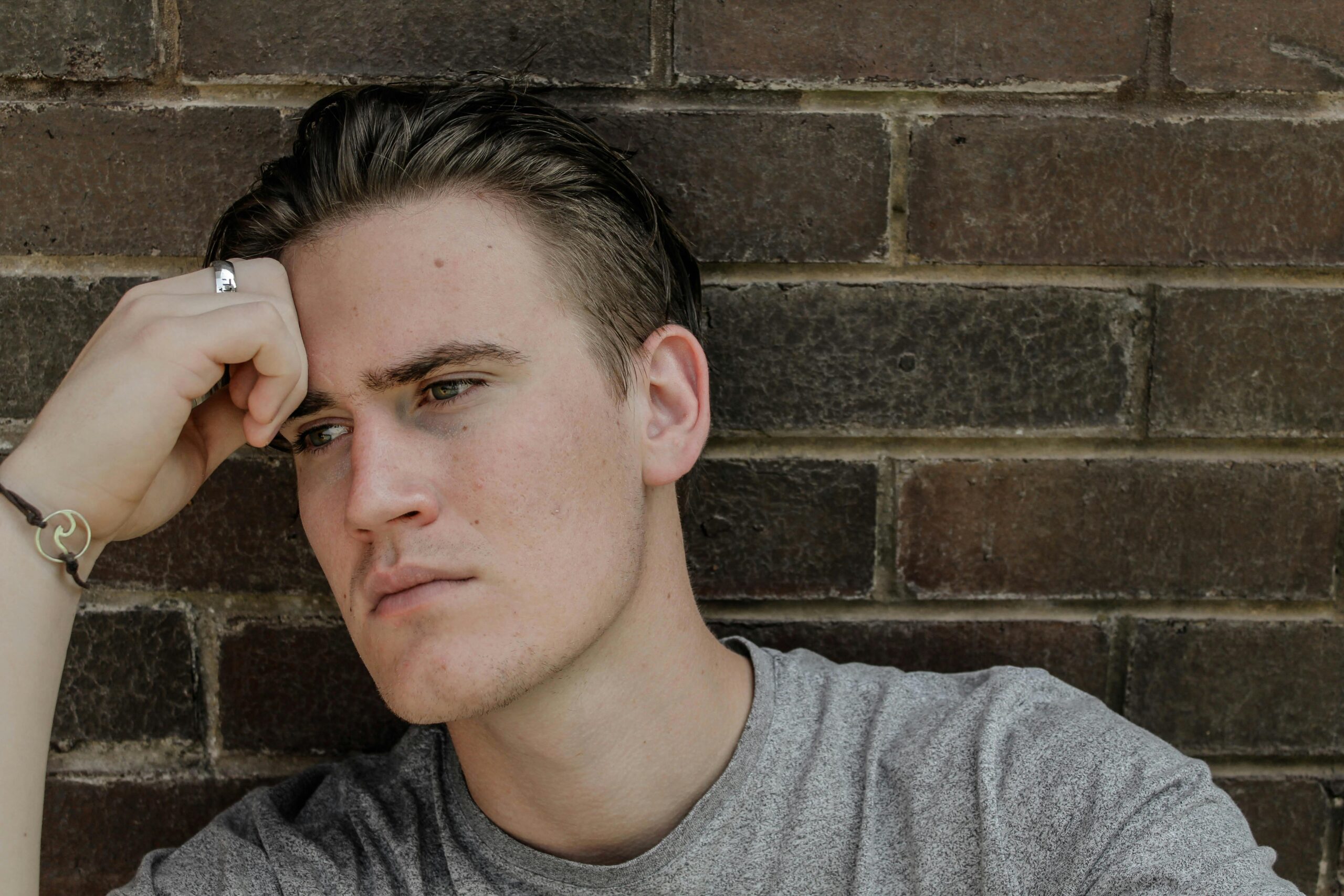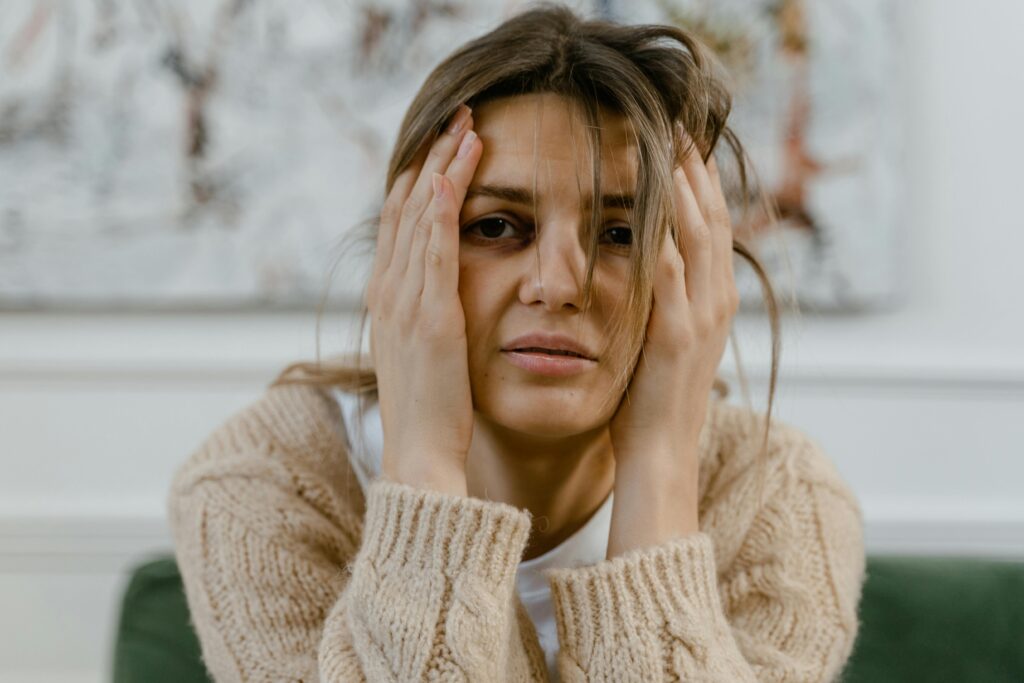What Are Emotional Wounds?
Emotional wounds are hurts that happen inside your heart and mind. They don’t bleed like cuts on your skin, but they can hurt just as much. These wounds are caused by things like abuse, neglect, loss, or abandonment. When someone feels left out, scared, or hurt by others, emotional pain begins.
Sometimes, these wounds come from big things like domestic violence, divorce, or death in the family. Other times, they come from smaller things, like not getting enough attention from a parent or feeling shame after being laughed at.

Signs of Emotional Wounds
You may not always know you’re hurt. Emotional wounds can show up in different ways:
Feeling sadness or anger all the time
Being scared or full of fear
Having trouble in school or at home
Feeling alone or like no one understands
Trouble with mood changes
Wanting to be alone all the time
Getting upset very easily
Struggling to trust others
Where Do Emotional Wounds Come From?
Many emotional wounds start in childhood. When a child faces neglect, abuse, or feels unsafe, it can cause long-lasting pain. Kids need safe spaces to grow. Without love and loyalty from a caregiver, kids may grow up feeling scared and confused.
Attachment Theory: Why It Matters
John Bowlby, a famous doctor, talked about how children need strong bonds with parents or caregivers. This is called attachment theory. When those bonds break or never form, kids may feel lost, fearful, or angry. These feelings can stay into adulthood.
How Emotional Wounds Affect Behavior
Sometimes, emotional wounds change how people act. They may:
Yell or cry easily
Avoid talking to people
Use drugs or alcohol (substance abuse)
Hurt themselves
Feel stuck in grief or guilt
Struggle with mental health or depression
When people don’t know how to handle their feelings, their behavior can change. These actions are a cry for help.
The Link Between Emotional Wounds and Health
Emotional pain can turn into physical disease. Stress affects the brain, mood, and even the heart. People may:
Feel tired all the time
Have stomachaches or headaches
Struggle to sleep
Lose interest in eating or playing
Psychoanalysis and therapy help us learn how the mind and body are connected. Treating emotional wounds can make the whole body feel better.
Common Emotional Wounds
Some common causes of emotional wounds include:
A breakup or divorce
Death of someone close
Being in poverty or unsafe homes
Feeling humiliation or rejection
Sexual abuse or assault
Feeling betrayal in an intimate relationship
Addiction in the family or self
Foster care experiences
These events leave scars—just like physical ones, but on the inside.

How to Cope With Emotional Wounds
When emotional wounds happen, it’s important to find ways to cope. Healthy coping skills include:
Talking to a therapist or social worker
Spending time in nature (natural environment)
Deep breathing or meditation
Writing or journaling your feelings
Exercise to release stress
Spending time with safe, loving people
Creating a “safe space” to relax
Practicing goal setting to feel stronger
Therapy Can Help You Heal
Therapy is one of the best ways to heal emotional wounds. Therapists are trained to help with:
Trauma
Depression
Postpartum depression
Anger management
Suicide prevention
Emotional healing
Addiction and substance abuse recovery
Treatment may also include medication, especially if someone has a mental disorder or is under a lot of psychological stress.
How to Heal Emotional Wounds
Healing takes time. Here’s how to begin:
Understand your pain and where it comes from
Reply to yourself with kindness, not blame
Seek therapy or support groups
Learn language to talk about your feelings
Create healthy routines and safe spaces
Practice desensitization if past trauma brings fear
Build hope through small steps
Focus on quality of life, not perfection
Allow yourself to feel every emotion—even sadness
What Happens If You Don’t Heal?
Unhealed emotional wounds can affect your:
Relationships with family and friends
School or job performance
Mental health and thoughts
Risk of addiction, violence, or identity theft
Trust in others and your view of reality
These wounds don’t just go away. They can grow over time, like a plant without sunlight.
How Family Can Support Healing
When parents and caregivers create a safe space, kids begin to heal. Families can help by:
Being patient and loving
Listening without judgment
Avoiding yelling, hitting, or violence
Letting kids express feelings
Getting help from therapy if needed
Showing loyalty and love every day
Healing happens faster when kids feel safe.
A Broken Heart Can Heal
Having a broken heart doesn’t mean you’re weak. It means you’ve experienced trauma that needs attention and care. Healing emotional wounds is like fixing a broken bone—it takes the right tools, time, and support.


Frequently Asked Questions (FAQs)
What is an emotional wound?
An emotional wound is pain in your heart or mind caused by hurtful things like trauma, abuse, or feeling unloved. It doesn’t bleed, but it still hurts.
Can therapy really help emotional wounds?
Yes. Therapy gives people tools to understand their pain, change their behavior, and heal over time. Talking about feelings helps them feel lighter.
How long does it take to heal emotional wounds?
Healing takes time and is different for everyone. Some people feel better in months. Others may take years. What matters is to keep going and get help.
Do emotional wounds affect health?
Yes. Emotional wounds can cause stress, mood problems, poor sleep, and even physical disease. Healing improves both mental and physical health.
What should I do if I feel sad all the time?
Tell a trusted adult, teacher, or therapist. You’re not alone. Help is out there. You can feel better with the right care and love.
Final Thoughts
Emotional wounds are real. They come from things like trauma, neglect, and loss. But with love, therapy, and the right support, they can heal. Everyone deserves a life full of happiness, hope, and healing. You are not broken—you are becoming whole.
Visit SAMHSA or contact us today for more information.





